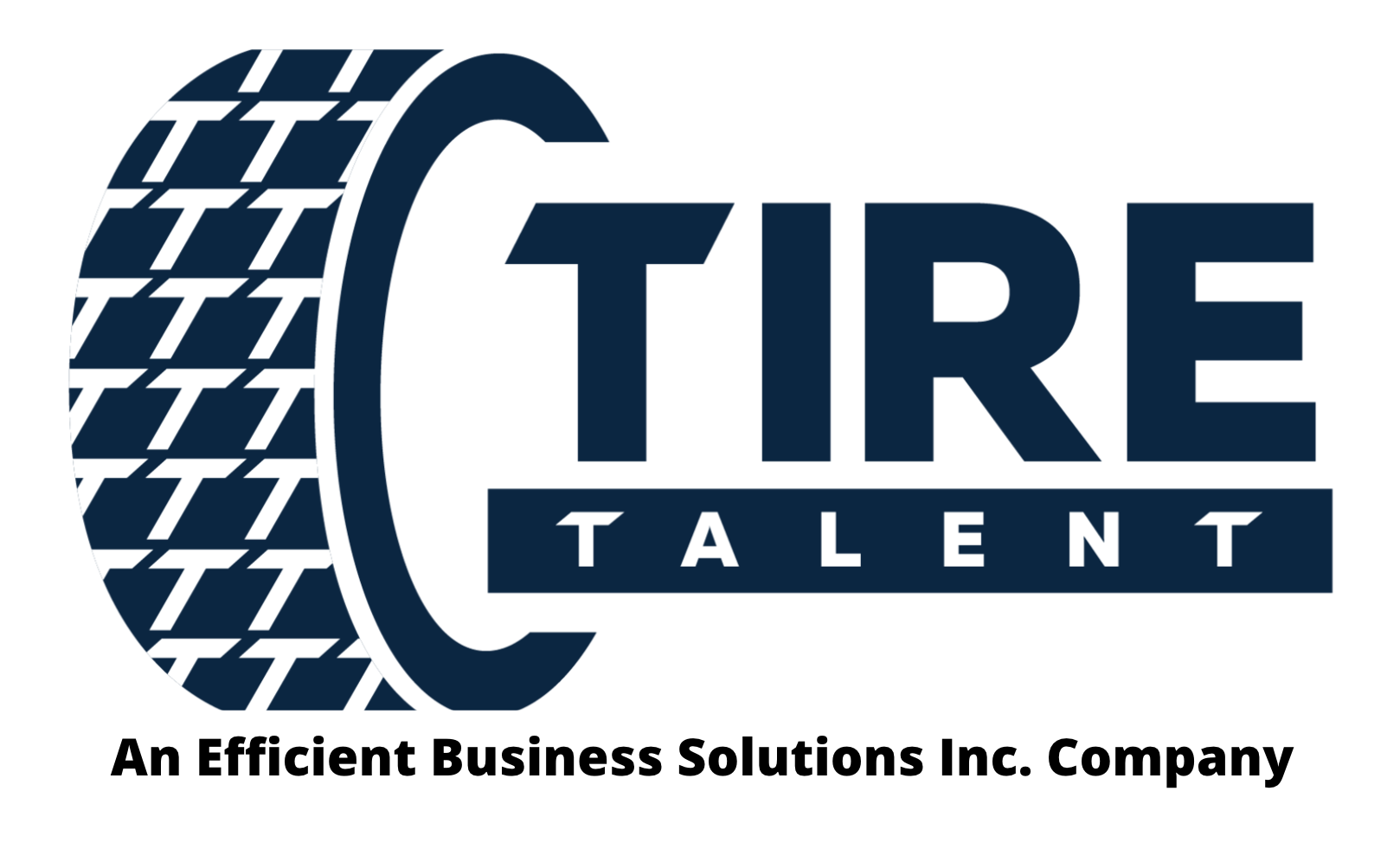As someone who has worked in or consulted for a sizable number of the top 10 multinational tire corporations, I can tell you firsthand that there is an ongoing struggle in the US market to retain top talent. The purpose of this short write-up is to uncover some of the typical multinational differences that can be observed on a day-to-day basis and offer simple tactics that firms can use to overcome these struggles. It’s also meant to spark industry conversations on possible solutions to increase employee retention.
The top 3 struggles that have a major impact on multinational firms and drive attrition or loss of top talent within the workforce are:
CULTURAL DIFFERENCES
These can be identified as different customs, standards, and expectations among employees from varied backgrounds. They also include lack of assimilation, misunderstandings caused by language barriers, and at times, cultural inflexibility. In some cultures, it is common to be expressive in the non-local tongue. The expressiveness within the culture can be perceived by traditional Americans as aggressive or unprofessional. It also decreases morale when leadership speaks in their native tongue in front of the local workforce, is non-inclusive and further divides the team. By contrast, there are other cultures where verbal or emotional communication is less prevalent, which can also confuse and alienate American workers.
MULTINATIONAL EXPERIENCE
The global HQ in many cases controls all decisions, and their approval is required for many decisions for each subsidiary. Although business needs will vary from corporation to corporation, centralized decision-making for the majority of operating decisions, such as hiring when headcount and target-salary were already approved for certain positions can cause severe bottlenecks. The same applies to sales and marketing strategies. HQ executives outside of the U.S. may not understand how marketing and branding work in each country. Excessive hand-holding causes them to deny many innovative initiatives that can promote their brands in the US, therefore preventing growth. These issues affect candidate experience and employee retention.
REACTION TIME
Multinational corporations traditionally suffer from slow reaction times due to processes that require involvement from too many parties and layers of management to approve decisions or implement change. Hiring process times are often drawn out and there is minimal communication or feedback for long periods of time. The marketplace is listening! Candidates tell their coworkers about their experiences: good and bad. When their experience with a company is negative, it can reduce the number of qualified applicants that are interested in being considered for employment with a company.
THE SOLUTION
CULTURAL DIFFERENCES
The leadership of multinational companies must understand the markets in which they are doing business. When promoting their brands to the U.S. they should encourage cross-cultural awareness and equal opportunities for all employees. A simple fix for cultural differences can be to understand and adjust to the country the company is operating in. In the example above, the leadership simply not yelling or speaking in other languages in front of the American workforce will improve morale leaps and bounds. Showing simple appreciation for the American workforce by sponsoring team building events will create inclusion and let leadership engage with the workforce. Deploying a positive work culture will provide massive long-term ROI.
MULTINATIONAL EXPERIENCE
Selling in the U.S. is extremely price competitive compared to other markets. Tires, to most consumers, are black, round, and roll. In a high-value decision making economy, brands need to have aggressive campaigns to properly compete. This also relies heavily on companies’ human capital in the U.S. to come up with innovative ideas to promote products and push sales. An open door policy where employees can speak with high-level leadership on improving processes will create a sense of inclusion and contribution. This will help retain top talent as they will now feel like they are a part of the brand’s key decision-making processes.
REACTION TIME
U.S. leadership must be allowed more control over day-to-day decision making within their own market. For example, SOP (Standard Operating Procedure) for processes such as hiring should be implemented. In a candidate short economy, companies need to make the candidate’s experience smooth and brisk. Global HQ approval shouldn’t be needed for standard or entry-level hiring decisions, and candidates shouldn’t have to wait for weeks to hear back on decisions from their prospective employers. The simple solution is to implement an SOP for all candidates to have a touchpoint after a reasonable duration of time. If the position is closed or no decision has been made, it is the responsibility of the corporation to keep open lines of communications and full transparency.
These 3 issues are prevalent among many of today’s corporations. A few tweaks internally can help drastically improve internal retention and external candidate perception. Mindfulness of perception is of great importance in a world of scarce top talent.

